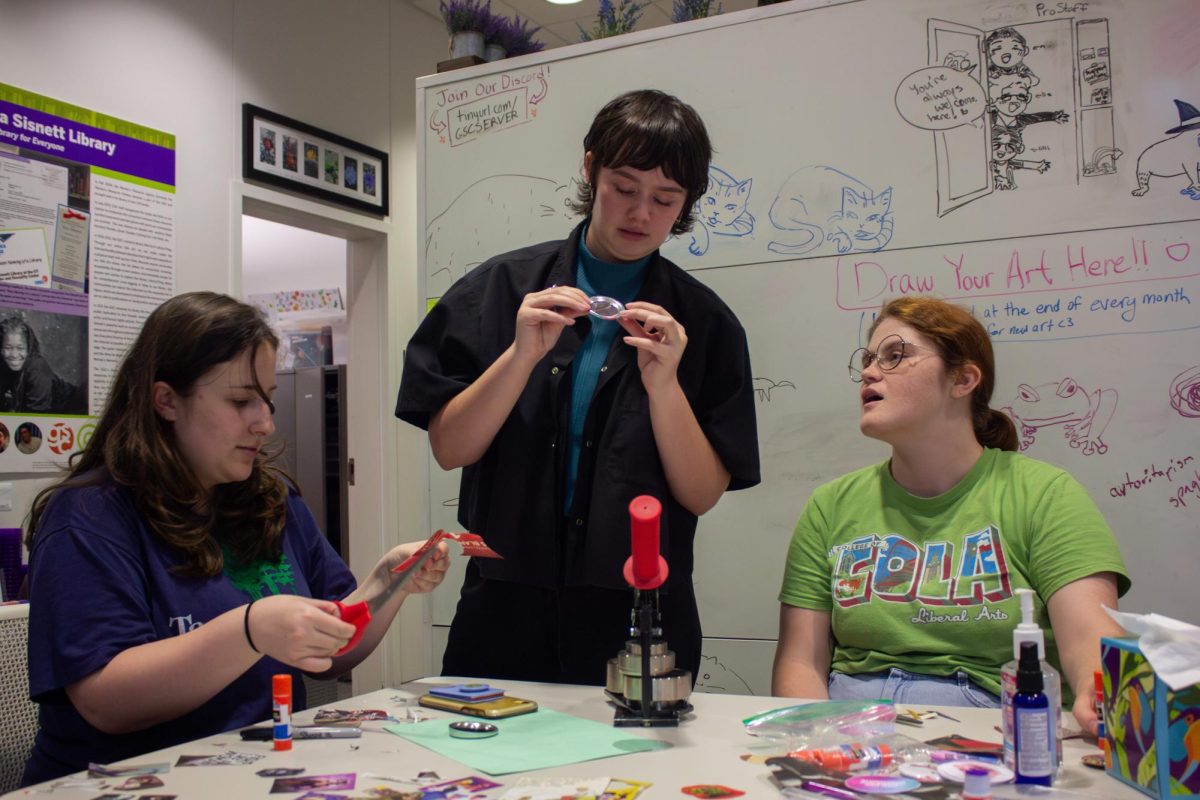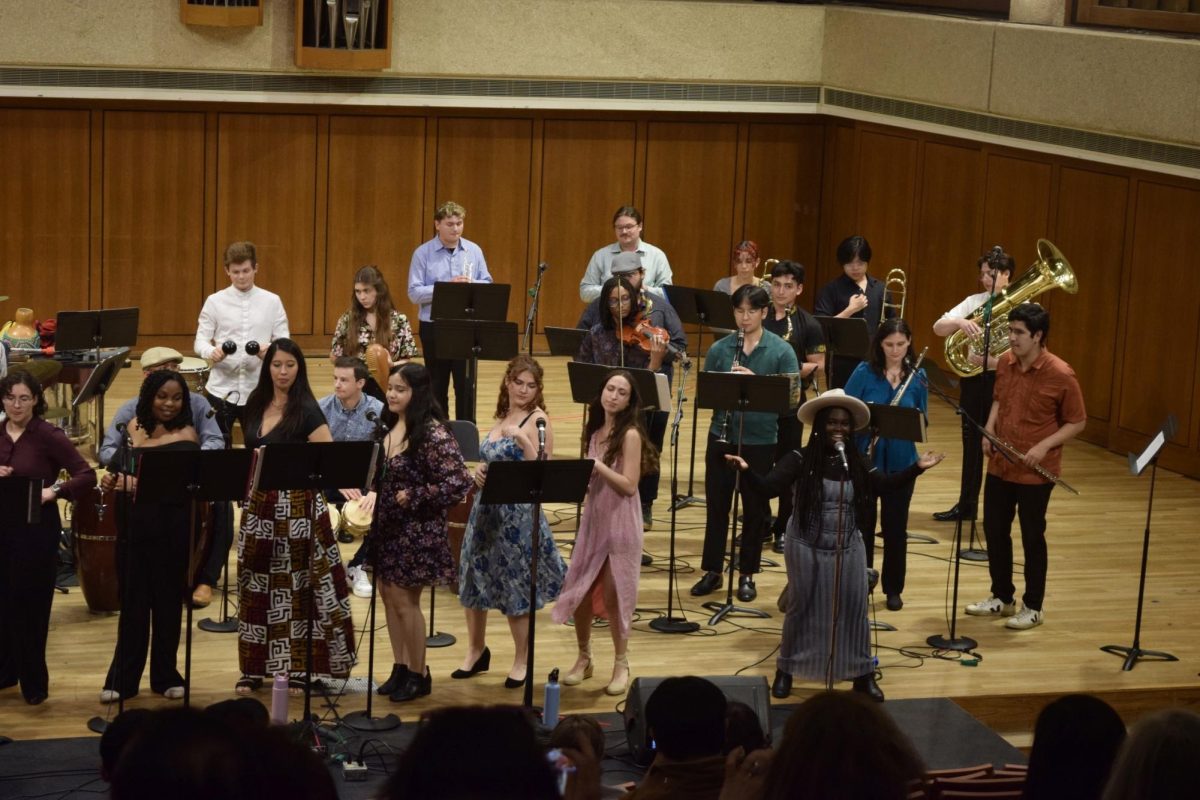In a study of religious practices of college students, The Cooperative Institutional Research Program found that college students are becoming increasingly detached from religion. Since 1990, the number of students who don’t regularly attend religious services has more than doubled.
Despite a downward trend in college students’ religious affiliation, there are 88 UT student organizations categorized as “Faith or Religious” according to HornsLink. Students from a variety of religious backgrounds offer an equally wide range of reasons why they’ve chosen to remain committed to their faith after leaving home.
For history sophomore Gabrielle Ross, faith isn’t the main motivator for staying connected to Judaism. In fact, Ross said she doesn’t ascribe to the spiritual aspects of Judaism at all.
“I’m an atheist,” Ross said. “But I still consider myself a practicing Jew. There is no equivalent to hell in Judaism, so I was never motivated to be a believer out of fear, and I don’t feel that my atheism excludes me from the Jewish community.”
Ross is a member of Texas Hillel, a Jewish community organization on campus that offers weekly Shabbat dinners and religious services. She said the organization helps her maintain ties to her heritage.
“For me, Judaism has always been tied to tradition and community, and practicing the faith is a way for me to honor my history,” Ross said.
For others, spirituality is more important than tradition when it comes to the question of faith. Anthropology junior Marwa Najem is a practicing Muslim, and she said God has always played a major role in her life.
“I love that fact that I have God to look up to,” Najem said. “A lot of people have human role models, but at the end of the day humans are imperfect. Looking to God’s perfect example holds me to a higher standard in my life.”
For Najem, one of the most important expressions of her spirituality is prayer. In formal prayer with others, Najem said there’s a sense of unity, and in prayer alone there’s a peace that counteracts the stress of life.
“Prayer and practicing my faith give me a feeling of safety and peace,” Najem said. “The world is draining and can leave me feeling empty, but prayer takes that away.”
Many religious organizations emphasize leadership, focusing on the joint relationship between religion and students’ personal development. Natalie Young, a Plan II and journalism sophomore and student intern with Longhorns for Christ, said in her leadership role there’s a focus on facilitating connections between students and forming friendships along with worship.
“One of the big things everyone is looking for when they get to college is community, and that’s something being part of a religious organization can offer,” Young said.
For Young, when a group gathers specifically because of their shared beliefs, there’s a vulnerability and genuineness that creates strong connections between members. This in turn creates a more positive college experience.
“When you have close relationships with people, you’re more likely to be happy where you are,” Young said. “That’s why groups like this one are important for students.”
Although students are increasingly less religiously affiliated by the numbers, it’s clear that religious organizations still serve an important function for many in the UT community. For these students, religion is more than a moral code or a habit. Faith is an important aspect of identity, culture and community.





















